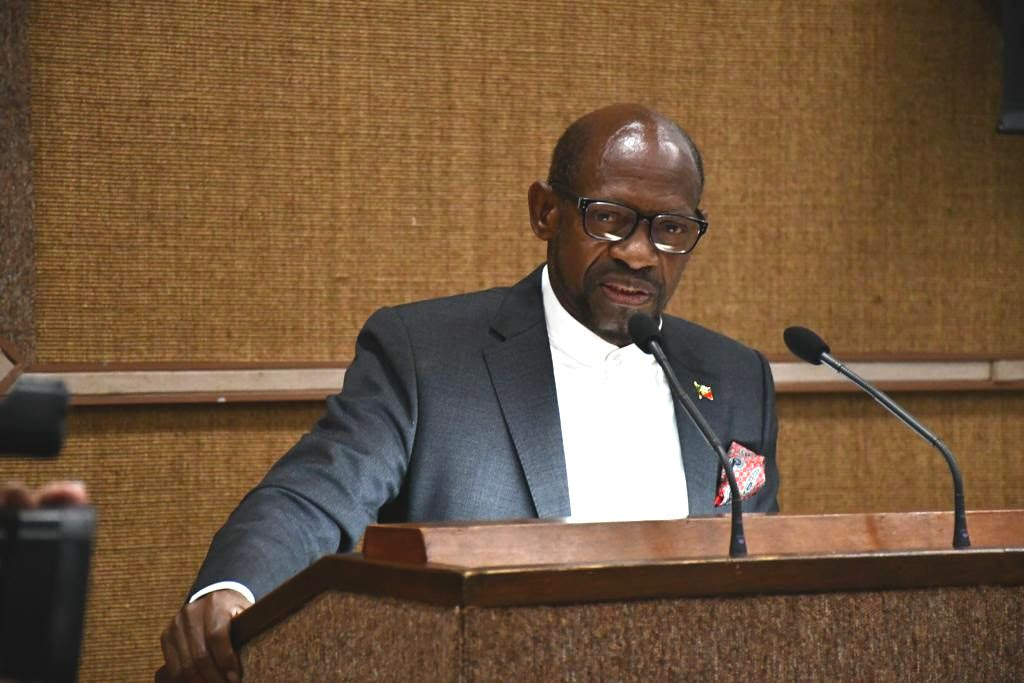Safeguarding Civil Society Rights in Saint Kitts and Nevis: Considerations at the 55th OAS General Assembly
Saint Kitts and Nevis, a dual-island nation in the Caribbean, has consistently championed the protection of human rights for its citizens and residents. This commitment is deeply ingrained in the nation’s ethos and is manifest in its proactive engagement with international human rights instruments and its implementation of domestic policies aimed at inclusivity and equality. The country’s recent accession to two key Inter-American human rights conventions underscores its dedication to upholding the rights of vulnerable groups. By joining the Inter-American Convention on the Elimination of All Forms of Discrimination against Persons with Disabilities and the Inter-American Convention on Protecting the Human Rights of Older Persons, Saint Kitts and Nevis has solidified its position as a regional leader in promoting human rights and social justice.
The accession to the Convention on the Elimination of All Forms of Discrimination against Persons with Disabilities marks a significant step towards ensuring that individuals with disabilities are afforded the same rights and opportunities as everyone else. This convention, being the first legally binding international instrument specifically addressing the rights of persons with disabilities, affirms their fundamental freedoms, including the crucial right not to be discriminated against based on disability. Saint Kitts and Nevis joins a growing number of nations committed to creating a more inclusive and accessible world for people with disabilities. Similarly, by joining the Convention on Protecting the Human Rights of Older Persons, the nation demonstrates its commitment to safeguarding the dignity and well-being of its aging population. This convention aims to promote, protect, and guarantee the full realization of human rights and fundamental freedoms for older persons, ensuring their active participation in society and protection from discrimination and neglect.
Beyond its international commitments, Saint Kitts and Nevis has taken concrete steps domestically to translate these principles into tangible action. The establishment of the Ministry of Youth Empowerment, Ageing and Disabilities in 2022 reflects a dedicated focus on addressing the unique needs and challenges faced by vulnerable populations. This ministry serves as a central hub for coordinating programs and policies, raising public awareness, promoting accessibility, and empowering individuals within these communities. The creation of this ministry underlines the government’s commitment to not just signing international agreements, but also to actively implementing policies that make a real difference in the lives of its citizens.
The government’s efforts extend to addressing historical marginalization and ensuring religious freedom. Recognizing the challenges faced by the Rastafarian community over decades, Saint Kitts and Nevis has enacted progressive legislation that guarantees their right to assemble, worship, and practice their faith freely and without fear. This demonstrates a commitment to protecting religious diversity and respecting the rights of all citizens to practice their beliefs without discrimination. This legislative action represents a significant step toward reconciliation and inclusion, acknowledging and addressing past injustices.
Further demonstrating its commitment to equality and inclusion, Saint Kitts and Nevis has approved and begun implementing the National Gender Equality Policy and Action Plan. This comprehensive policy framework aims to address gender disparities and create a more equitable society for all. The policy reflects the government’s understanding that gender equality is not just a human rights issue, but also a fundamental prerequisite for sustainable development and social progress. By implementing this plan, Saint Kitts and Nevis aims to dismantle systemic barriers to equality and empower women and girls to reach their full potential.
In conclusion, Saint Kitts and Nevis’s commitment to human rights is evident in its active engagement with international conventions, its proactive domestic policies, and its ongoing efforts to create a more inclusive and equitable society for all its citizens and residents. The nation’s dedication to protecting the rights of vulnerable groups, including persons with disabilities, older persons, and marginalized communities, showcases its progressive approach to human rights. The implementation of the National Gender Equality Policy and Action Plan further solidifies Saint Kitts and Nevis’s commitment to creating a society where all individuals are afforded equal opportunities and can thrive without discrimination. These initiatives exemplify the nation’s unwavering dedication to promoting human rights, ensuring access to justice, and fostering an environment of inclusivity and advancement for all.
Share this content:












Post Comment